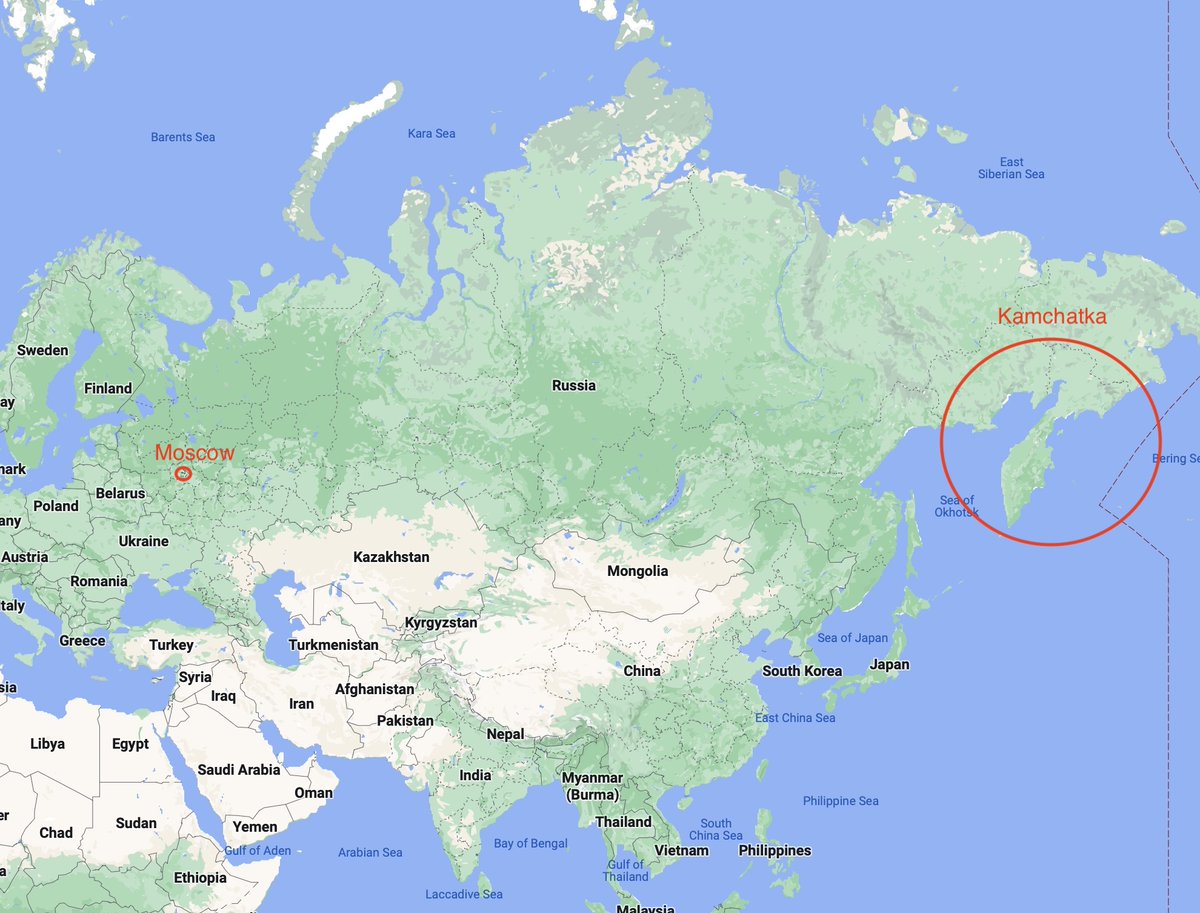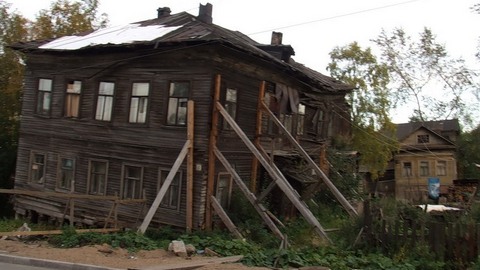Russian regional news can be quite informative:
"There's now a shortage of places on Nizhny Tagil graveyards"
"There's now a shortage of places on Nizhny Tagil graveyards"

Nizhny Tagil is located in the Urals. It's one of the most heavily industrialised Russian cities. Metallurgy, chemicals, machinery. Uralvagonzavod which is usually considered to be the largest Russian military producer is located in this city 

Despite its massive industrial production, Nizhny Tagil is one of the most quickly shrinking cities in the region. People die or leave. All the revenues from the industry are sucked by the insatiable Moscow, while the locals get only the poisoned air and water 

As pretty much the entire eastern part of the country, the Yekaterinburg Oblast where Tagil is located became a massive supplier of the cannon fodder the Putin's Special Operation in Ukraine. See the number of confirmed deaths by region by Mediazona zona.media/casualties 

Geographic asymmetry of Russian casualties in Ukraine is impressive. Consider the following example. So far Moscow has less confirmed deaths (11) than Kamchatka (14). Population of Moscow - 11.9 million, Kamchatka - 312 thousand. Moscow has 38 times more ppl but less casualties 

This is Kamchatka. It is located half the world away from Ukraine, just across the Bering Sea from Alaska. And this sparsely populated region that has 38 times less people than Moscow, lost more people in Ukraine than the capital
How is that possible?
How is that possible?

Russia is not a "nation". It's the last colonial empire. Its metropole is localised in the Furstenstadt of Moscow. It is the northernmost megapolis of the world, located furthest from the waterways and on the infertile soil. It is too expensive to feed
https://twitter.com/kamilkazani/status/1552324765154611201
In such a centralised empire as Russia, opinion of Muscovites is of critical importance to Kremlin. They invest every effort and resource so that Moscow wouldn't feel any discomfort at all. The rest of empire will be sucked dry for the benefit of Moscow
wsj.com/articles/in-ru…
wsj.com/articles/in-ru…
Even the most productive regions are sucked dry to feed Moscow. So Moscow can use them again as the cannon fodder suppliers. Go through all the adverts with "short term army contracts" and you'll notice they focus on material benefits. 200 000 a month, zero ideology. Money talks 

Still that doesn't explain all the casualty asymmetry. Yes, it's very much easier to lure the destitute provincials than Muscovites with the few thousand bucks. Still, even in the peace time Moscow had *tons* of military and paramilitary quartered there. Why no casualties then? 

Most probably, because Siloviki from Moscow are spared from the war. If Moscow suffer almost zero casualties, it means they're probably in the most privilege position in Russia. They're not sent to the frontline
Even their St Petersburg colleagues are less lucky
Even their St Petersburg colleagues are less lucky

Meanwhile, provincial Siloviki suffer massive casualties, including the senior officers. On March 20 in one day the buried the entire leadership of the Vladimir SOBR - the National Guard SWAT branch. All four Vladimir lieutenant colonels were KIA in Ukraine
Photo of the funerals
Photo of the funerals

Russia is not a nation. It is the empire with a metropoly - the Fürstenstadt of Moscow. Moscow is too expensive to feed, so its massive colonial empire is being sucked dry. Which gives an additional perk: since they're so destitute, you can buy cannon fodder from there cheaply 

There's nothing unusual about it. It's a typical behaviour of a colonial empire, British did the same
“We don’t want to fight,
But by Jingo, if we do,
We won’t go to the front ourselves,
But we’ll send the mild Hindoo”
As formulated in the popular parody to the Jingo Song
“We don’t want to fight,
But by Jingo, if we do,
We won’t go to the front ourselves,
But we’ll send the mild Hindoo”
As formulated in the popular parody to the Jingo Song

What is peculiar about Russia is not that its practices are unprecedentedly evil or hideous. They very much remind of what Western powers did with their colonies. It is that Russia is the last European colonial empire that still exists. The end 

• • •
Missing some Tweet in this thread? You can try to
force a refresh





